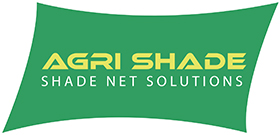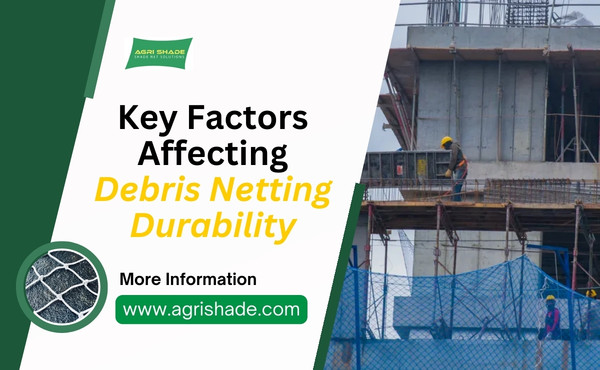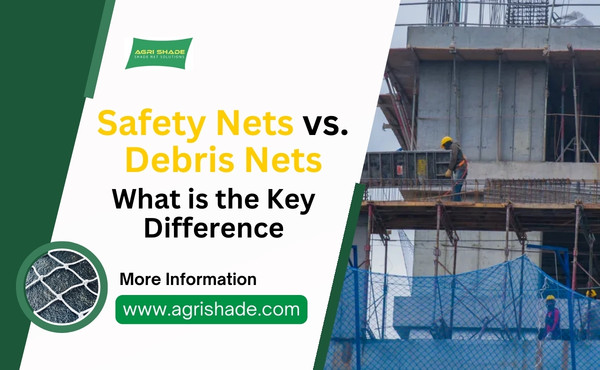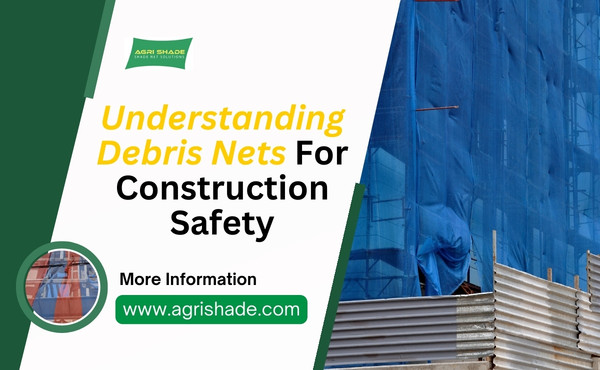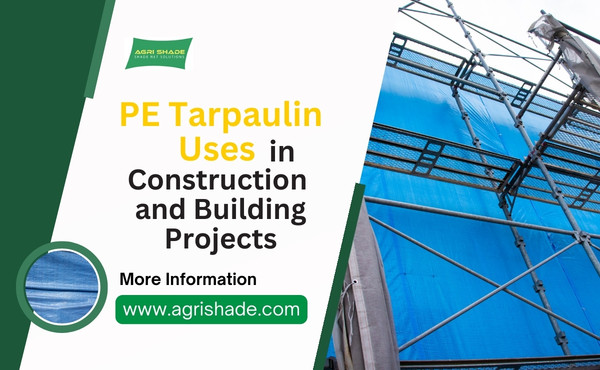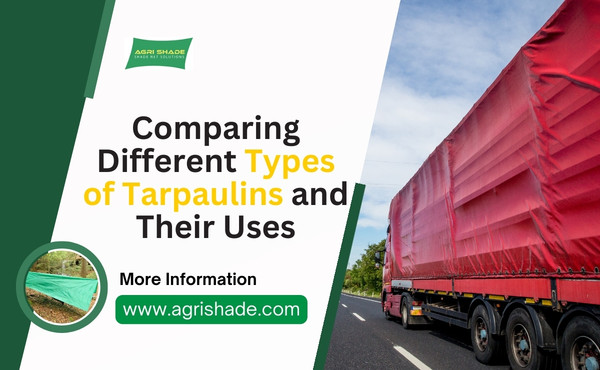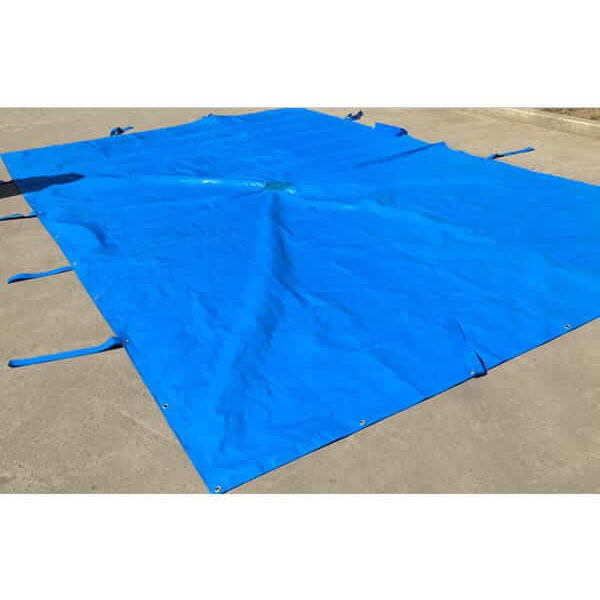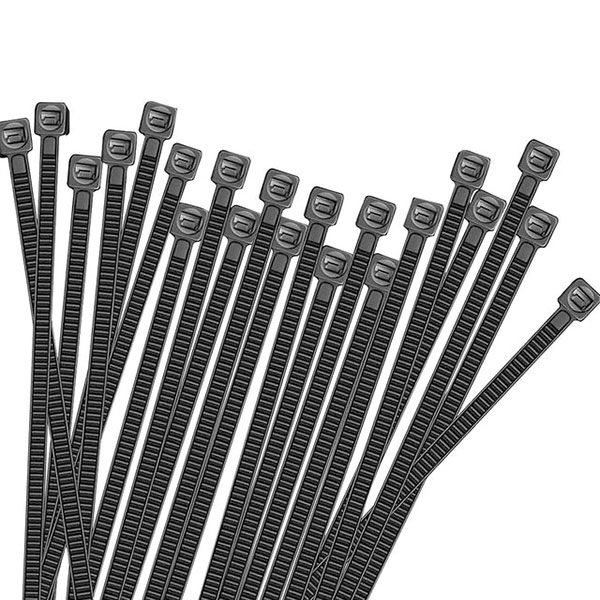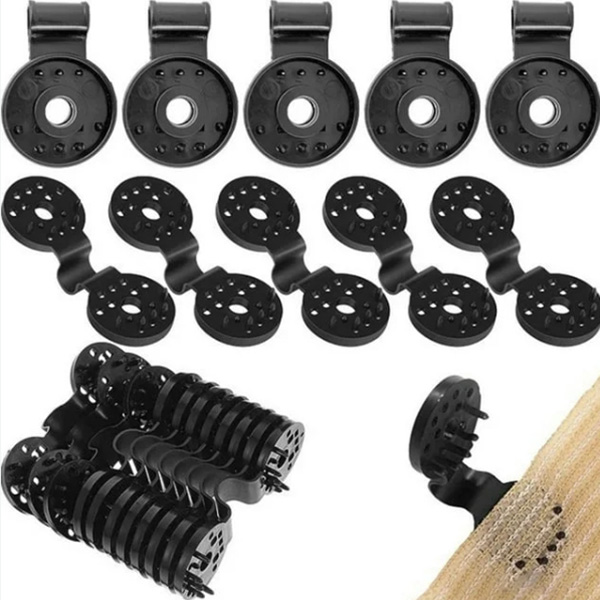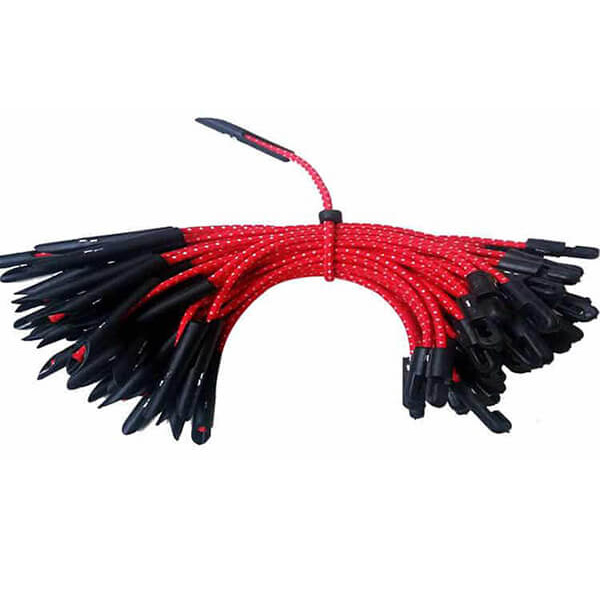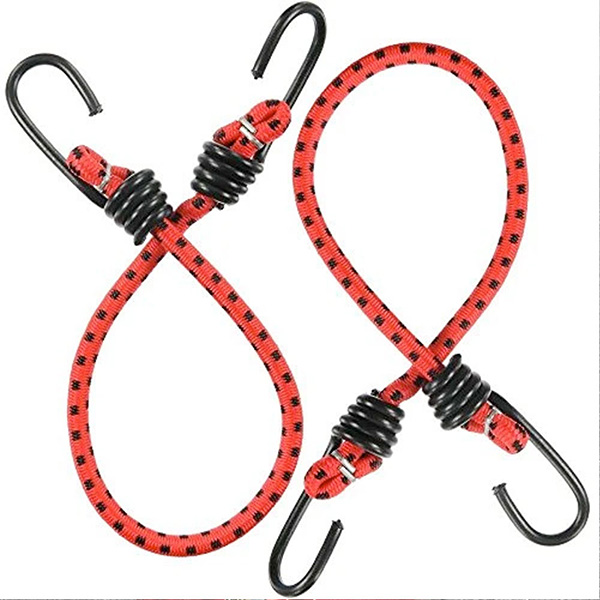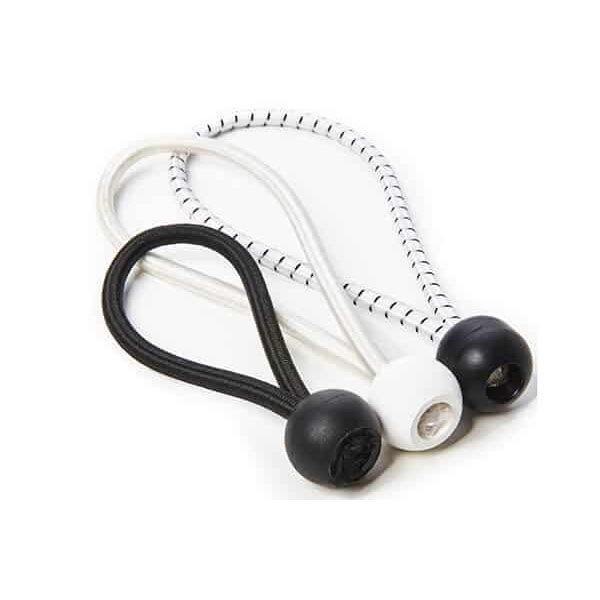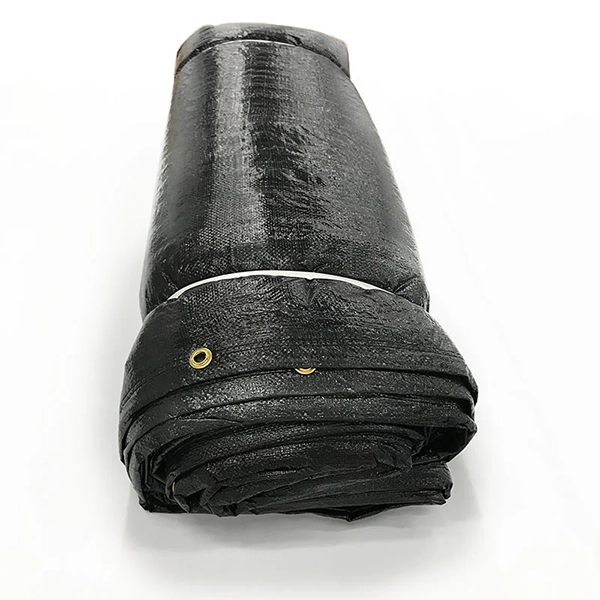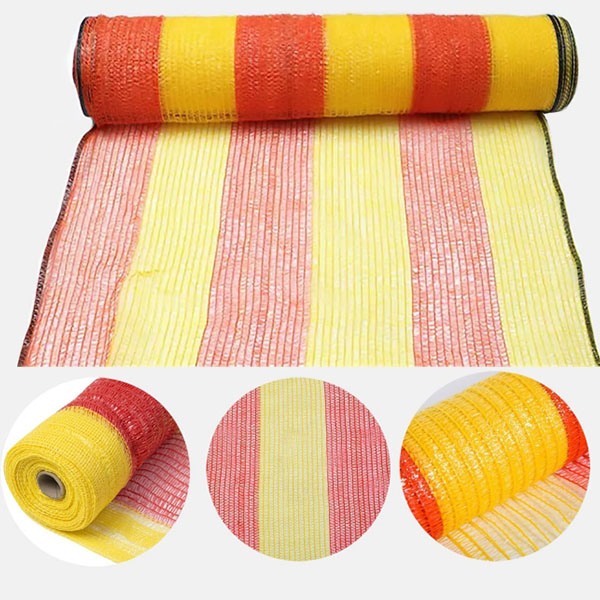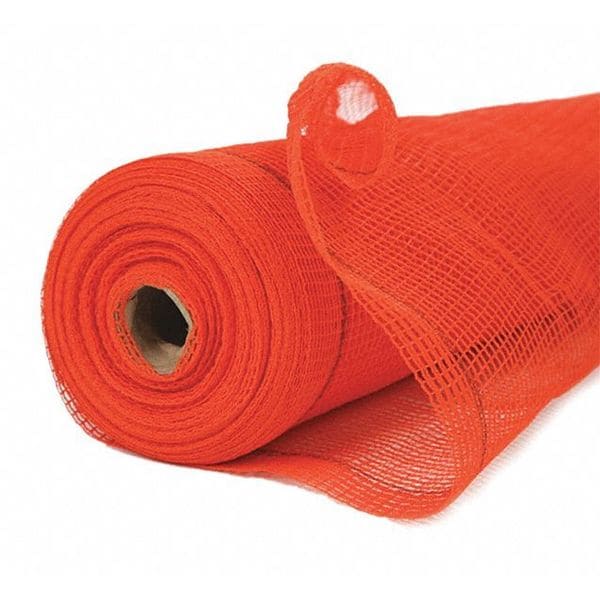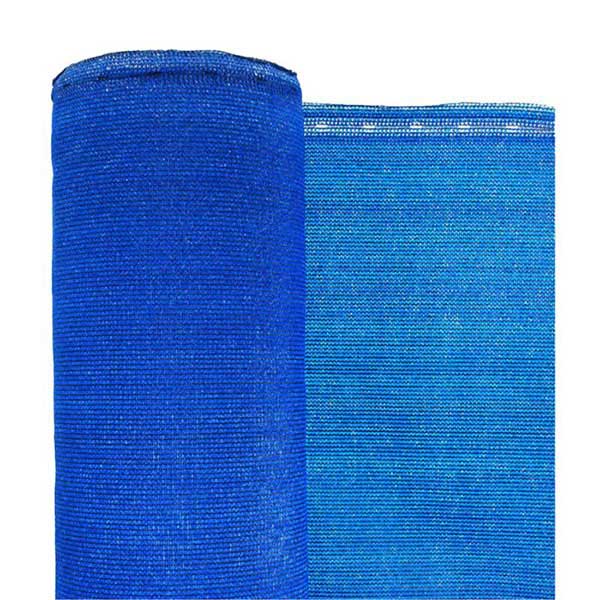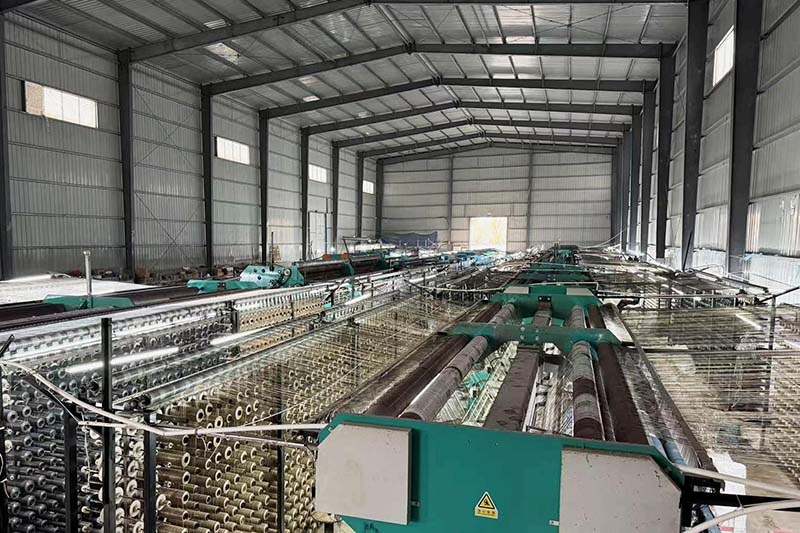Businesses and growers rely on shade net solutions to protect crops, equipment, and outdoor spaces. Shade cloth and shade net options deliver essential coverage for agriculture, construction, and commercial projects. Wholesale shade nets offer significant benefits.
Shade net products come in various forms. Many industries, especially agriculture, trust shade net to manage sunlight, control temperature, and improve productivity. Wholesale buyers gain access to a wide range of shade percentages, colors, and materials, helping them select the best shade net for each application.
Shade net suppliers provide reliable shade cloth solutions that ensure durability and performance. With the right shade net, buyers can create the ideal shade environment and achieve better results across multiple sectors.
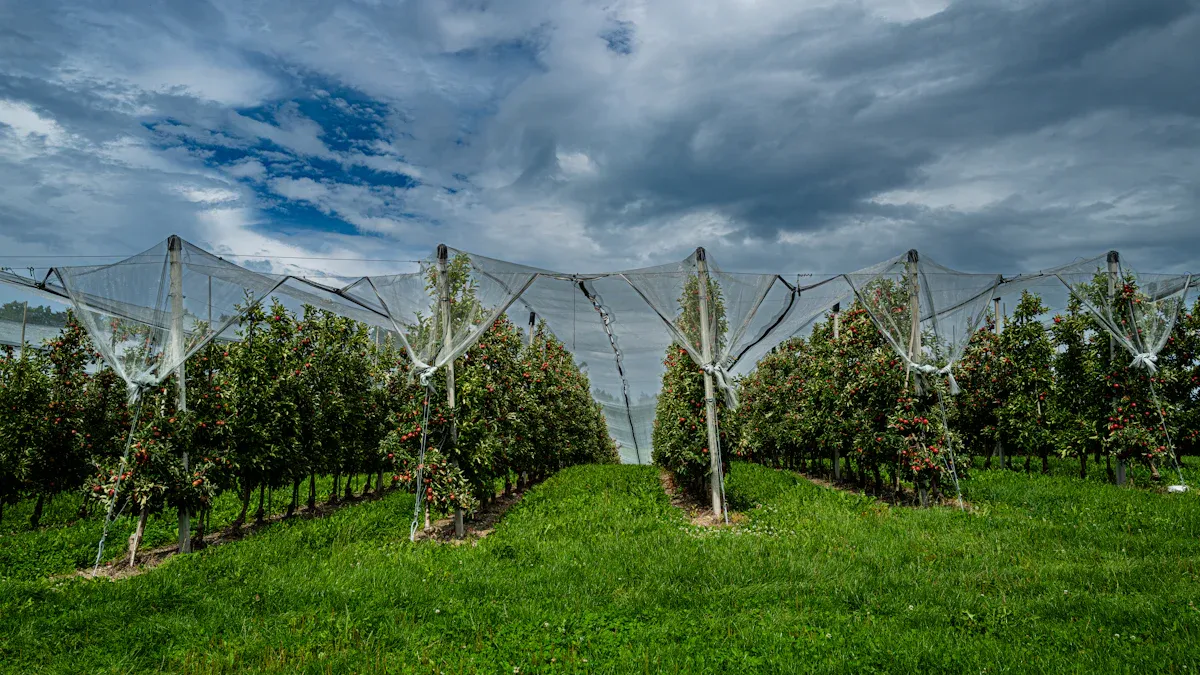
Types of Shade Nets and Their Applications
Shade net suppliers offer several material options. HDPE shade net provides strong protection and durability for agriculture and outdoor projects. Polyethylene shade net and UV-stabilized shade net deliver reliable shade and uv protection for crops and outdoor spaces.
By Shading Percentage
Shade net comes in different shading percentages. 30% shade net allows more light for crops that need partial shade. 50% shade net offers balanced protection for nurseries and outdoor areas. 70% shade net gives strong protection for sensitive crops and livestock. 90% shade net blocks most sunlight and suits construction or high-protection needs.
| Shading % | Best Use | Benefits |
|---|---|---|
| 30% | Light-loving crops | Gentle protection |
| 50% | Nurseries, gardens | Balanced shade |
| 70% | Livestock, greenhouses | Strong protection |
| 90% | Construction, storage | Maximum shade |
By Color
Shade net comes in green, black, white, and specialty colors. Green shade net blends into agriculture and outdoor environments. Black shade net absorbs more heat and offers strong protection. White shade net reflects sunlight and keeps crops cooler. Specialty colors can improve aesthetics and match commercial needs.
Common Industry Uses
Shade net supports farming and agriculture by protecting crops from harsh sunlight. Nurseries use shade net to create ideal growing conditions. Livestock areas benefit from shade net by reducing heat stress. Sports facilities and construction sites use shade net for outdoor protection and safety.
Key Factors When Choosing a Shade Net Supplier
Selecting the right shade net supplier shapes the success of any sourcing project. Buyers should focus on several critical factors to ensure they receive quality shade and reliable service. A careful approach helps businesses avoid costly mistakes and secure the best value.
Manufacturing Quality and Certifications
Quality stands as the top priority when sourcing shade net. A reputable manufacturer uses advanced technology and strict quality control to produce shade cloth that lasts.
Buyers should request test reports and certificates before placing bulk orders. These documents confirm the shade net meets the required protection and quality levels. Quality shade cloth ensures crops, equipment, and spaces stay safe under the shade.
Range of Product Options
A strong shade net supplier offers a wide range of options. Buyers can choose from different shading rates. Custom sizes and colors help businesses create the perfect shade environment.
Manufacturers with flexible production can supply shade net for any project. Some suppliers even offer specialty colors or unique shading percentages. This variety allows buyers to select shade net that fits both function and appearance.
Shade net suppliers who provide many choices show they understand the market. They help customers find the right shade solution for every application. Sourcing from such suppliers gives buyers a competitive edge.
Minimum Order Quantities and Bulk Pricing
Wholesale shade nets often come with minimum order requirements. Buyers should check these limits before requesting quotes. Some shade net suppliers offer better pricing for larger orders.
Bulk pricing helps businesses save money on shade net purchases. Buyers should compare quotes from several shade cloth suppliers to find the best deal. Lower prices do not always mean lower quality, but buyers must confirm the protection and durability of the shade net.
Manufacturers may adjust minimum order quantities based on custom requests. Buyers should discuss their needs with the supplier early in the sourcing process. This step ensures smooth transactions and avoids delays.
Shipping and Delivery Reliability
Reliable shipping and delivery matter for every shade net order. Delays can disrupt projects and cause losses. Buyers should choose a shade net supplier with a strong track record for on-time delivery.
Manufacturers with efficient logistics can ship shade net quickly and safely. Some suppliers offer tracking and updates throughout the shipping process. This transparency builds trust and helps buyers plan their projects.
Buyers should ask about shipping options, lead times, and packaging. Reliable suppliers provide clear answers and support throughout the delivery process. Sourcing from such suppliers reduces risk and ensures steady supply of shade.
Customer Service and Technical Support
Excellent customer service sets top shade cloth suppliers apart. Buyers need fast responses to questions about shade net, quotes, and orders. A responsive supplier solves problems quickly and keeps buyers informed.
Technical support helps buyers choose the right shade net for each application. Manufacturers with expert teams can recommend the best shading rate,
Buyers should look for suppliers who offer after-sales support. This service covers installation advice, warranty claims, and future sourcing needs. Strong customer service builds long-term partnerships and supports business growth.
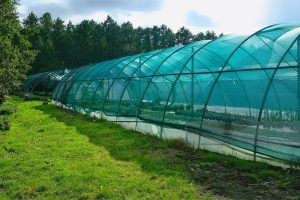
How to Verify a Shade Net Supplier’s Credibility
Checking Company Background & Experience
Buyers should investigate the history of any shade net supplier. A manufacturer with many years in business often delivers consistent quality. Long-term experience signals reliability and strong supplier legitimacy.
Requesting Product Samples Before Bulk Purchase
Product samples allow buyers to inspect shade net quality before placing large orders. Samples reveal the material strength, shading rate, and finishing details. A reputable manufacturer always provides samples to demonstrate product quality.
- Request samples for different shading percentages.
- Test the durability and UV protection of each shade net.
- Compare samples from multiple suppliers for best results.
Reading Customer Reviews
Customer reviews offer valuable insight into supplier performance. Positive feedback highlights quality products and dependable service. Negative reviews may reveal issues with shade net quality or delivery.
Buyers should read reviews on multiple platforms. Consistent praise for a manufacturer builds trust. Reviews help buyers avoid unreliable suppliers and select those with high standards.
Verifying Certifications
Certifications prove that a shade net meets industry standards for quality and safety. Buyers should ask every supplier for documents such as ISO or SGS certificates. These papers confirm the manufacturer uses proper materials and processes.
A certified shade net provides better protection and longer life. Suppliers who share certifications show commitment to quality. Always verify documents before finalizing any bulk purchase.
Understanding Wholesale Pricing for Shade Nets
Factors Influencing Price
Wholesale shade nets offer cost advantages for large projects. The price of shade net depends on material type, shading percentage, UV treatment, and size. HDPE shade net and UV-stabilized shade net provide strong protection for crops and outdoor areas. Shade cloth with higher shading rates.
Seasonal Demand Impact on Pricing
Seasonal demand affects shade net pricing. During peak agriculture seasons, growers need more shade for crops and outdoor protection. Shade net suppliers may adjust prices based on demand for shade nets with different shading percentages. Construction and outdoor projects also increase demand for shade cloth in certain months. Construction and outdoor projects also increase demand for shade cloth in certain months. Buyers who plan ahead can secure better pricing and steady supply of shade net for their crops.
Negotiating Bulk Rates
Bulk orders of shade net allow buyers to negotiate better rates. Suppliers often offer discounts for large quantities of shade cloth. Buyers should request quotes for different shading percentages and sizes to maximize savings. Clear communication about project needs helps suppliers provide accurate pricing for shade net. Negotiating terms such as packaging, shipping, and Incoterms can further reduce costs. Reliable logistics ensure shade net arrives on time for agriculture and outdoor protection.
Customization Options For Wholesale Shade Nets
Custom Sizes, Shapes, and Edge Finishing
Wholesale buyers often need shade net in unique sizes and shapes. Flexible customization allows businesses to cover every area with the right shade. Suppliers can cut shade net to fit greenhouses, walkways, or livestock pens. Edge finishing options, make installation easy and secure. These features help maximize shade and protection for every project.
Branding & Logo Printing
Many companies want their shade net to stand out. Branding and logo printing turn ordinary shade into a marketing tool. This customization boosts brand visibility at farms, sports facilities, or construction sites. Businesses gain both shade and advertising in one product.
- Custom branding helps companies promote their name.
- Printed logos on shade net attract attention at events.
- Commercial buyers value this dual-purpose shade solution.
Conclusion
Wholesale shade nets offer businesses many benefits, including cost savings and reliable supply. Buyers gain benefits by comparing suppliers, checking quality, and confirming certifications. Building strong supplier relationships brings long-term benefits and smoother transactions.
